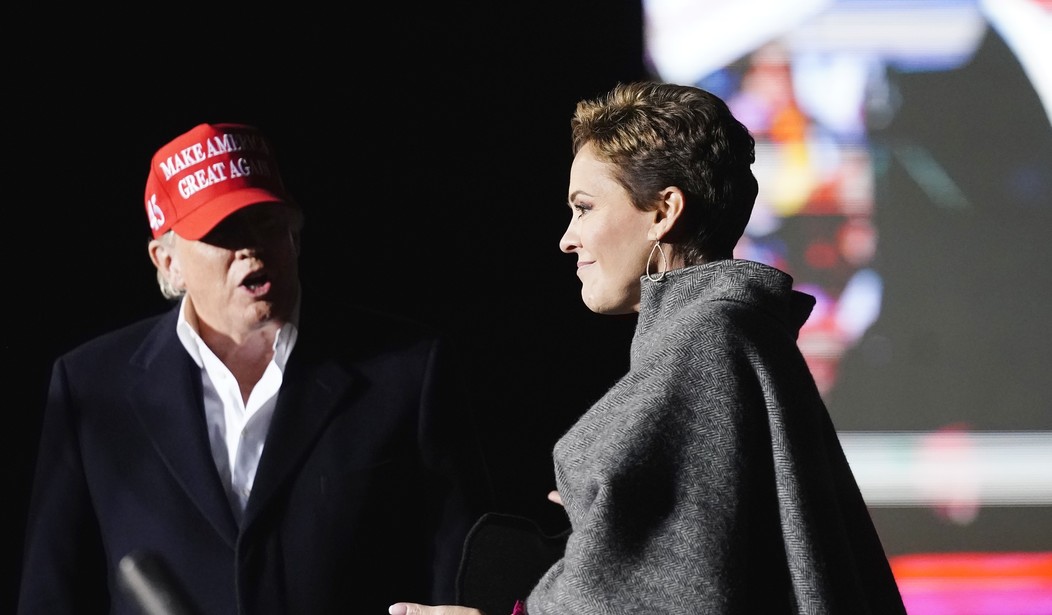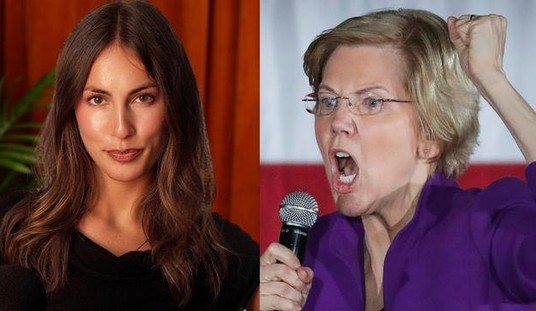The primaries for the Arizona gubernatorial race are not until Aug. 2, but the intensity of the race would make some believe that voters are casting their ballots next week.
While the Democrats will likely nominate Secretary of State Katie Hobbs, the Republicans are dealing with a much more complicated battle to become Gov. Doug Ducey’s successor.
There are currently four major Republican candidates: former Rep. Matt Salmon, former Board of Regents member Karrin Taylor Robson, former local Fox anchor Kari Lake, and businessman Steve Gaynor.
Lake has dominated the field early on, at least in terms of polling. In November, an OH Predictive Insights survey determined that she had 28% support among 252 registered voters, with a 6.2% margin of error. This was arguably too small of a sample size to truly be seriously considered, but Lake’s endorsement from former President Donald Trump supports the fact that she is in the lead.
Lake’s current success does not necessarily mean that she will win the primary.
Her campaign raised $1.5 million from roughly 9,000 donors in 2021, according to Arizona Mirror.
In terms of cash on hand, the former news anchor only reported $375,000, which is dwarfed by Gaynor’s $4.6 million on hand and Robson’s $3 million, NBC News Phoenix reported.
The current standing of each candidate in the race is not entirely clear, except Robson is now beginning to make use of her cash by running the first television advertisements of the entire race in order to make gains.
Robson launched her ad campaign on the airwaves and is on track to keep running them until the election. Although money and television do not always equal votes, this could make the primary more competitive than originally thought.
📺 Our first TV ad is live across Arizona.
I stood on the border and watched illegal immigrants flood into Arizona. As Governor, I’ll surge the National guard & finish the wall pic.twitter.com/ICTuieGg0r
— Karrin Taylor Robson for Arizona (@Karrin4Arizona) January 18, 2022
It goes without saying that Trump’s endorsement of Lake will be her strongest asset, as he still grips a significant portion of Republican voters. However, it could become a crisis of campaigning too hard too fast for Lake if her momentum fizzles out over the next several months.
While a normal governor’s race would not solicit national attention, Arizona has become a political litmus test for the United States as a whole.
The state became ground zero for the debate over election integrity after the 2020 election, which included the controversial audit of the results in Maricopa County. Notably, the state tilts red, but MAGA populists, suburban moderates, and Democrats all have a presence in the state’s political process, much like the U.S. generally.
Who Republicans chose as their nominee will be an indication of whether loyalty to Trump still reigns supreme, or if they are looking for a different path.
The same goes for the general election — any Republican nominee will need to find a way to straddle support in both moderate Scottsdale and deeply red rural communities.
And after eight years of Ducey, a Hobbs victory would swiftly change the political direction of the state. Republicans would need to make that distinction clear without coming across as too far-right, which is a delicate dance in the Copper State.
Ultimately, Arizona’s political diversity is what makes the race bizarre and will essentially provide greater insight into where voters’ hearts are nationwide.









